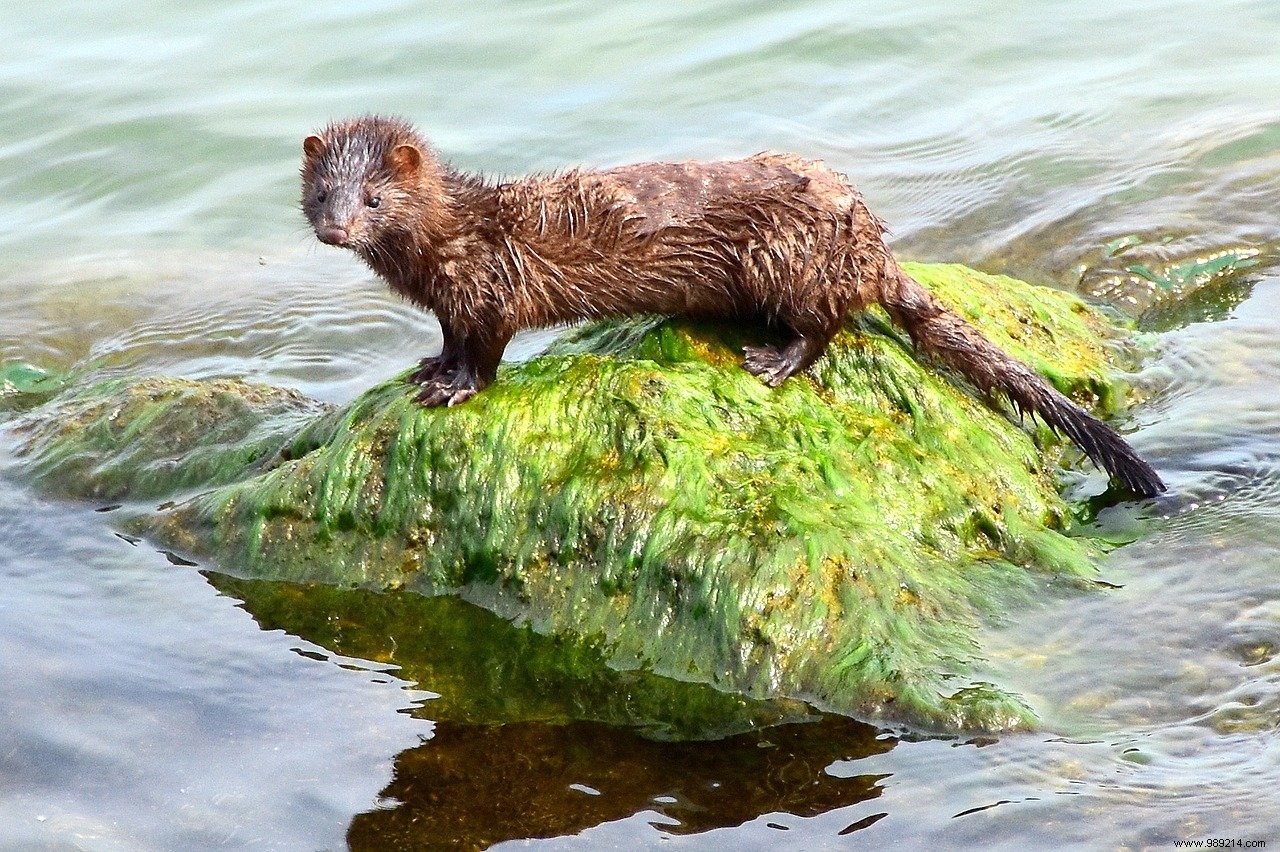Dozens of mink potentially carrying the novel coronavirus have escaped from fur farms in Denmark, prompting concerns that the virus could mutate further in the wild and spread to other animal species.
In early November, Denmark culled its 17 million caged mink due to a SARS-CoV-2 mutation capable of human transmission. However, the rushed operation has led to several challenges for authorities.
Thousands of mink carcasses buried in shallow mass graves—only one meter deep—have begun resurfacing. "As bodies decompose, gases can form, swelling tissues and pushing them out of the ground," explained Thomas Kristensen, a police spokesman, to The Guardian. The sandy, loose soil exacerbates the issue, and more sand is now being added to re-cover the pits.
Compounding the problem, over 100 SARS-CoV-2-infected mink may have escaped these farms, per The Guardian, raising the risk of the virus spreading to wildlife.
"A few thousand mink escape annually, and this year, about 5% may have been infected with SARS-CoV-2," noted Sten Mortensen, director of veterinary research at Denmark's Veterinary and Food Administration.

While mink are solitary, the transmission risk to other animals remains low yet significant. Free-roaming cats and mustelids like the European polecat (Mustela putorius) could be exposed through contact with infected mink feces, Mortensen warns.
Silent spread in wildlife could create a "permanent pandemic threat to humans and animals," according to Marion Koopmans, head of viroscience at Erasmus University in Rotterdam. "The virus might mutate to infect a broader range of species," adds Joanne Santini, a microbiologist at University College London.